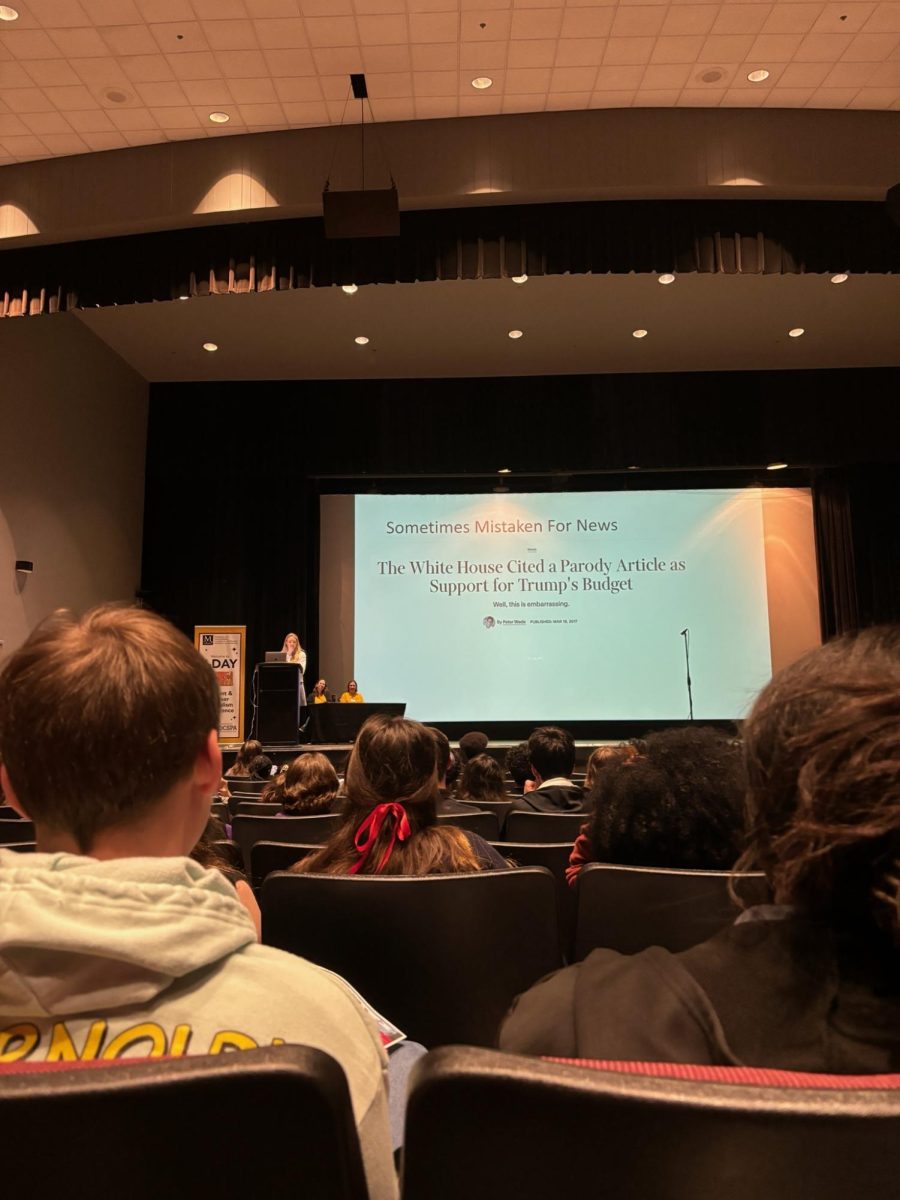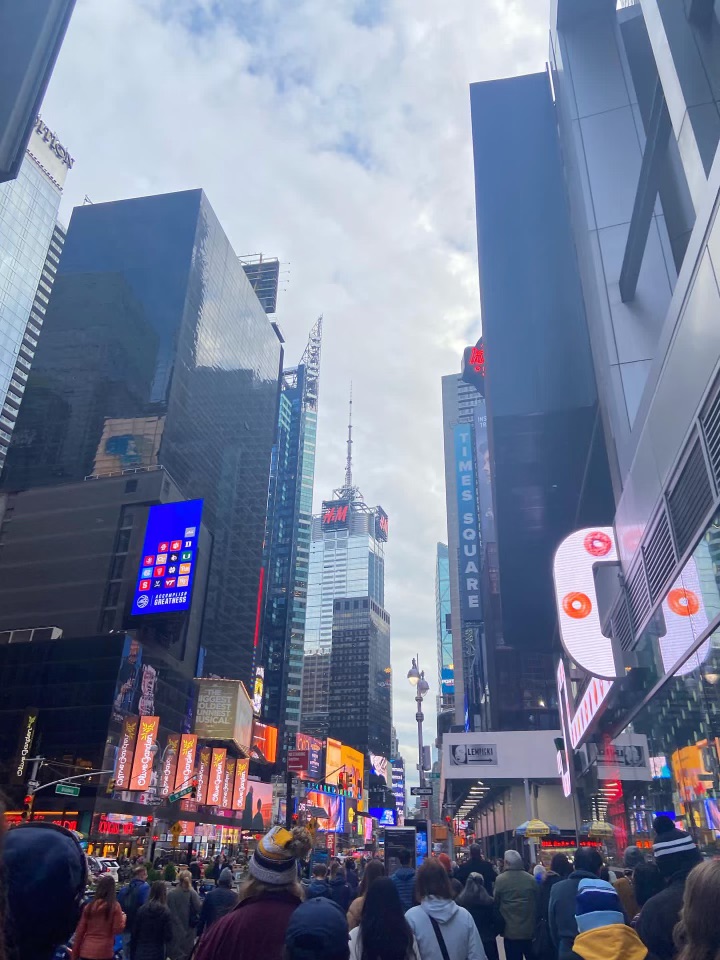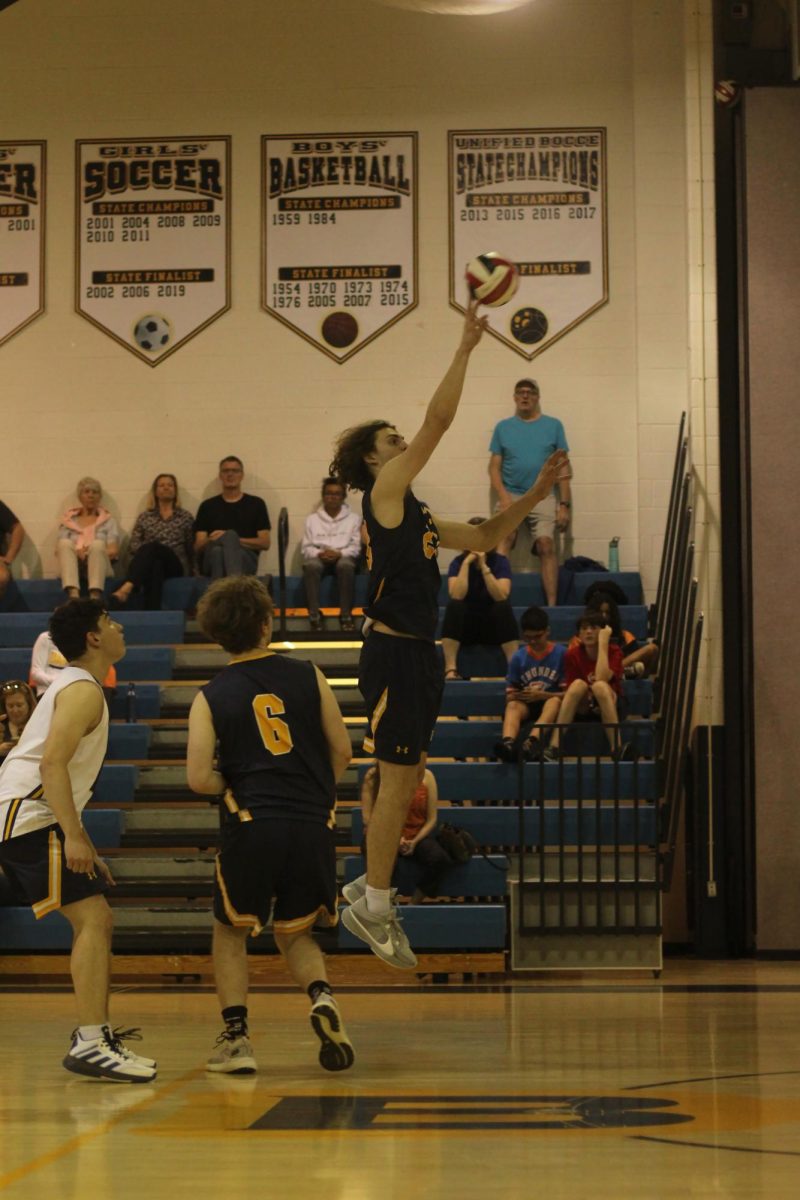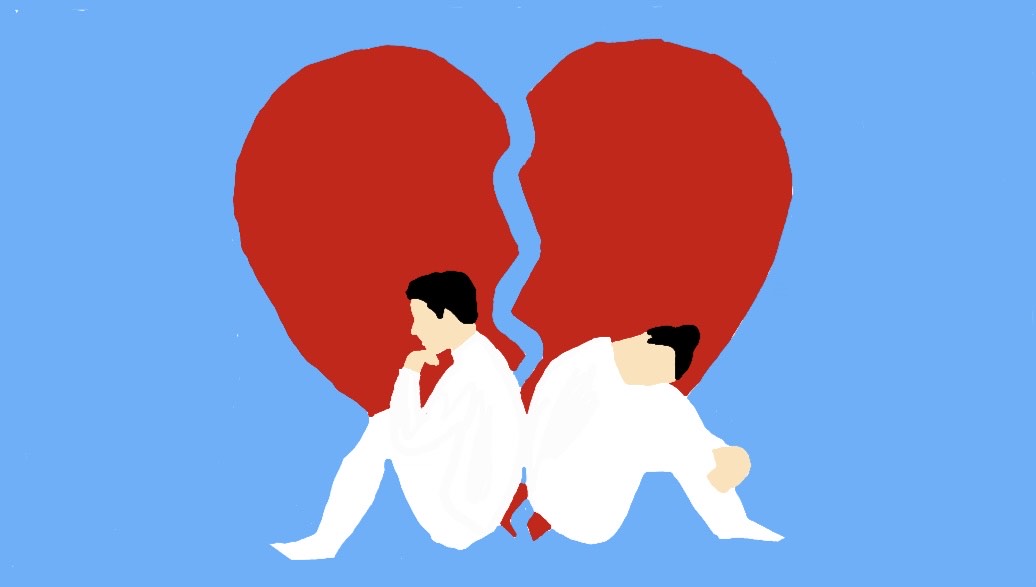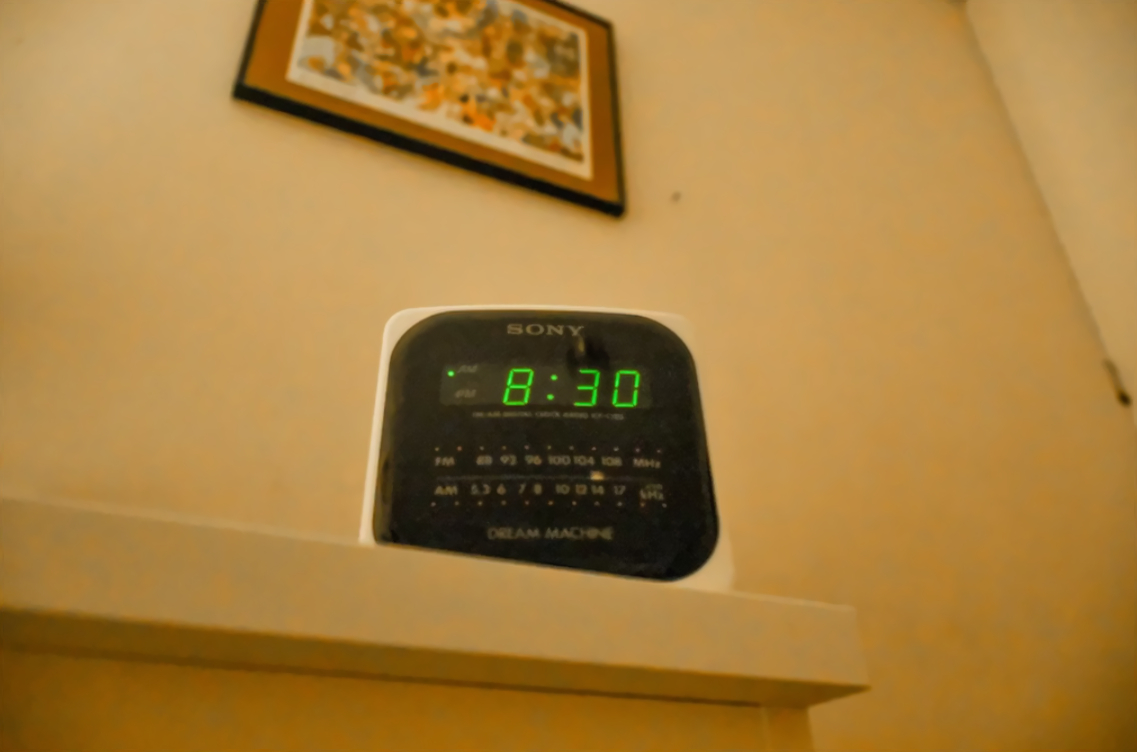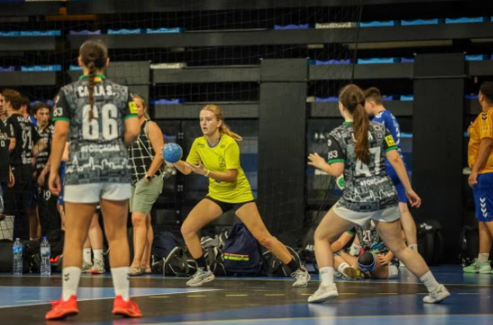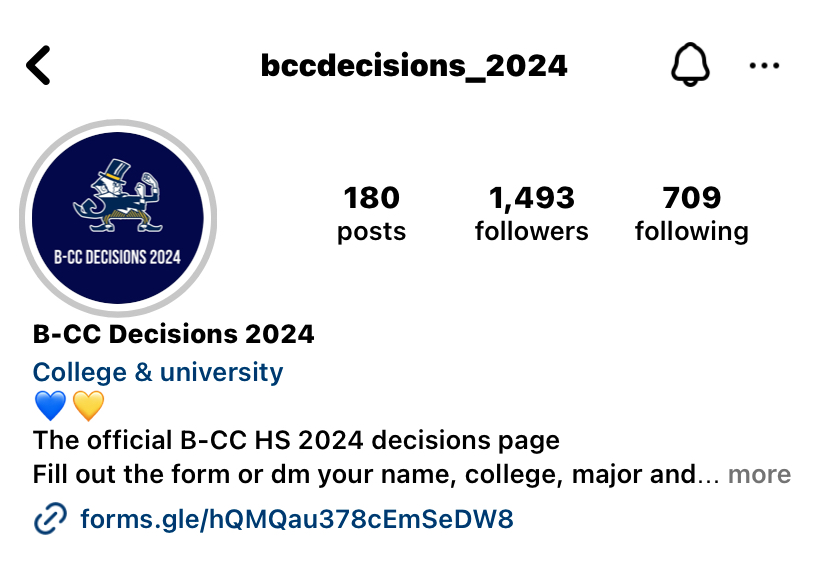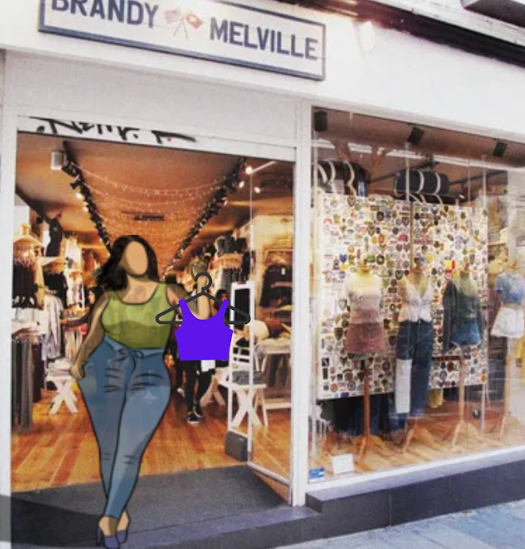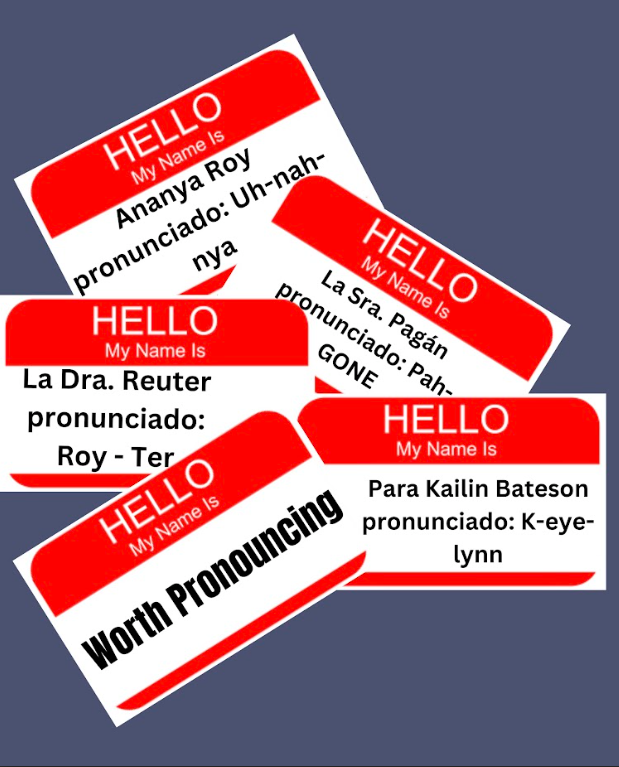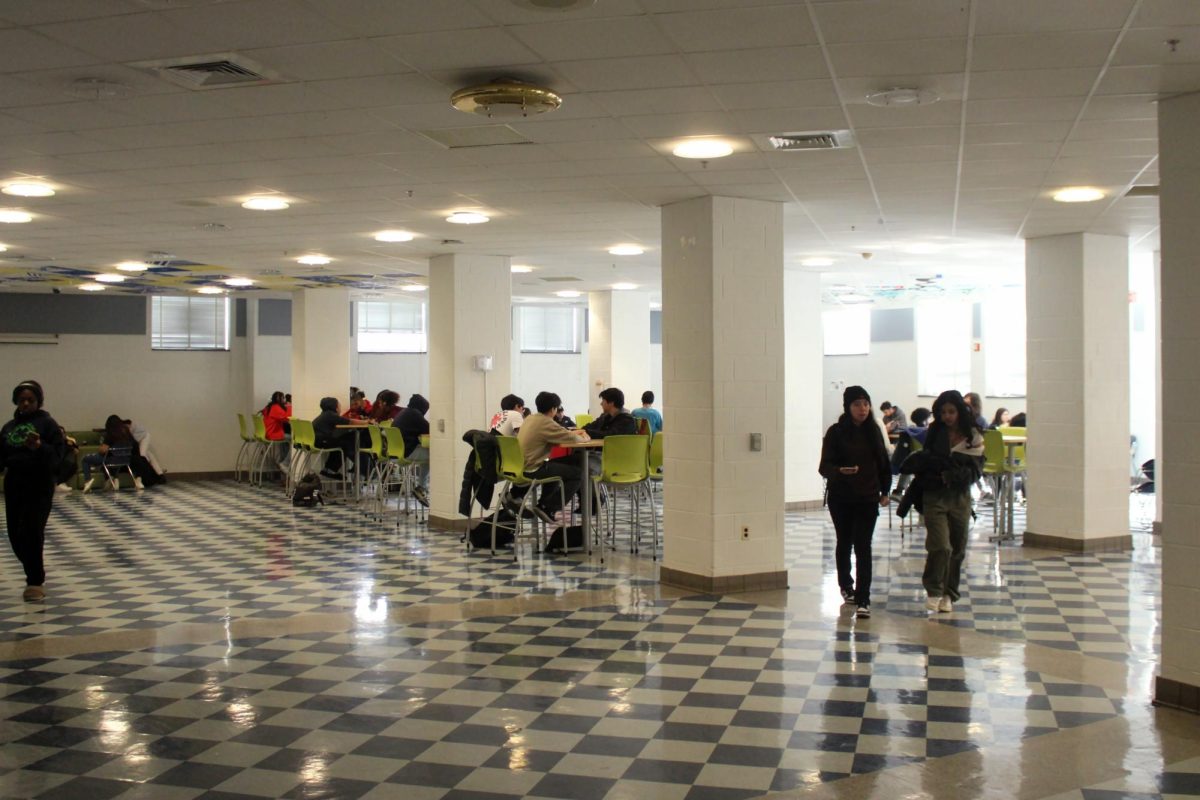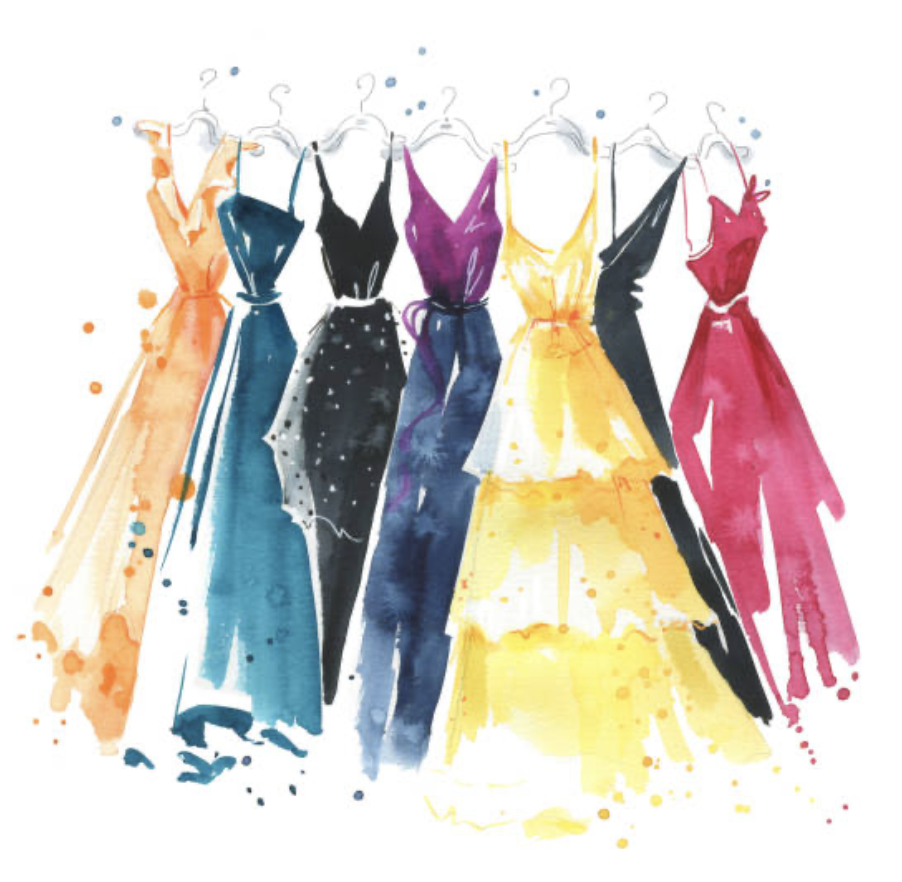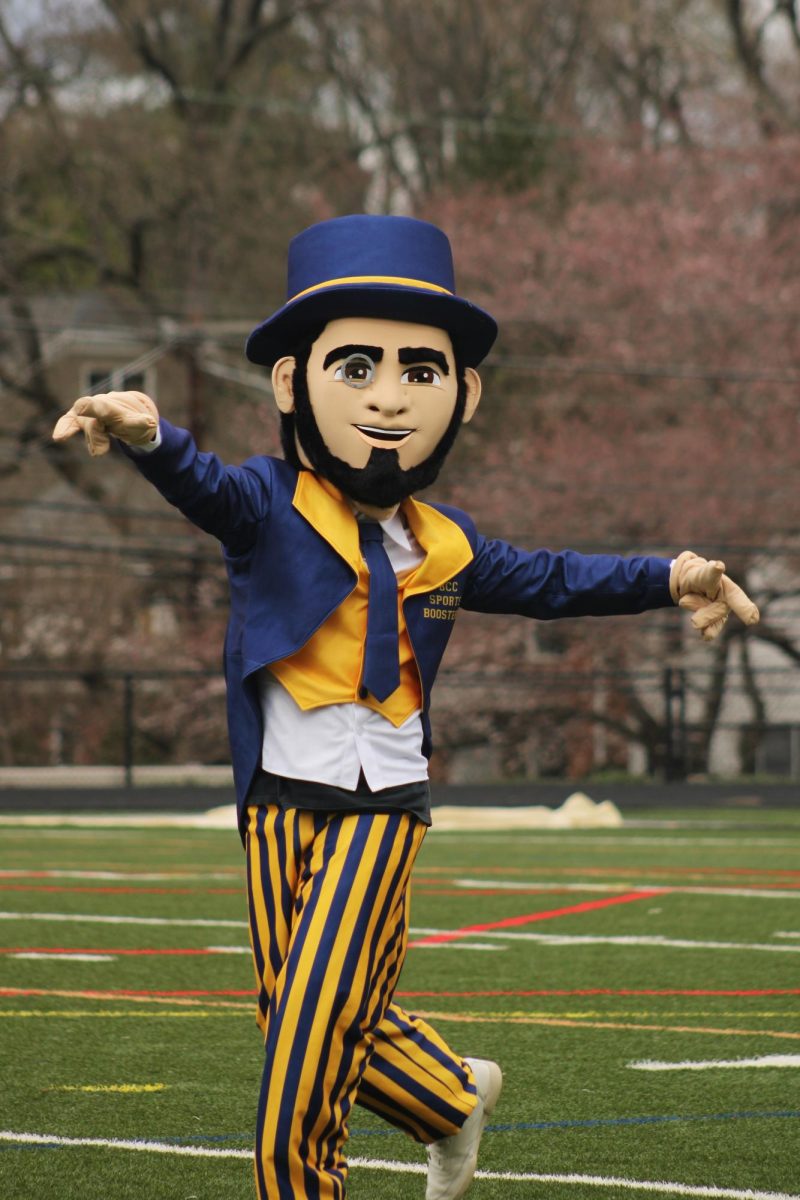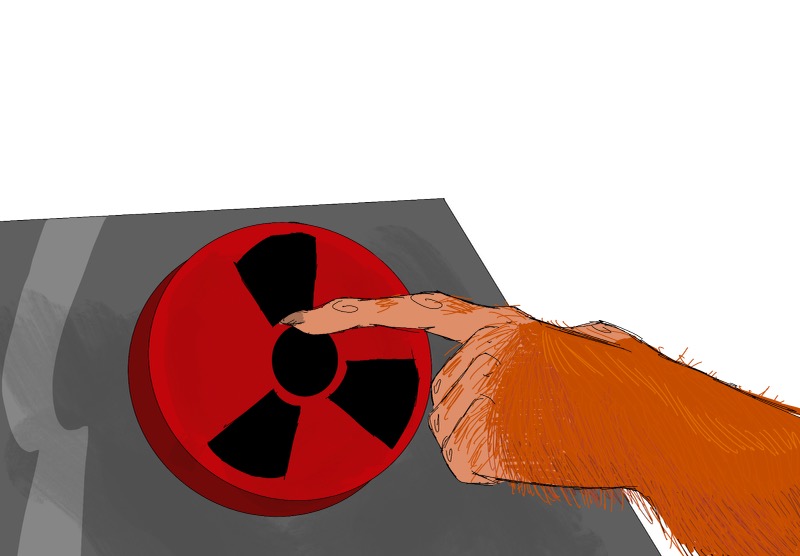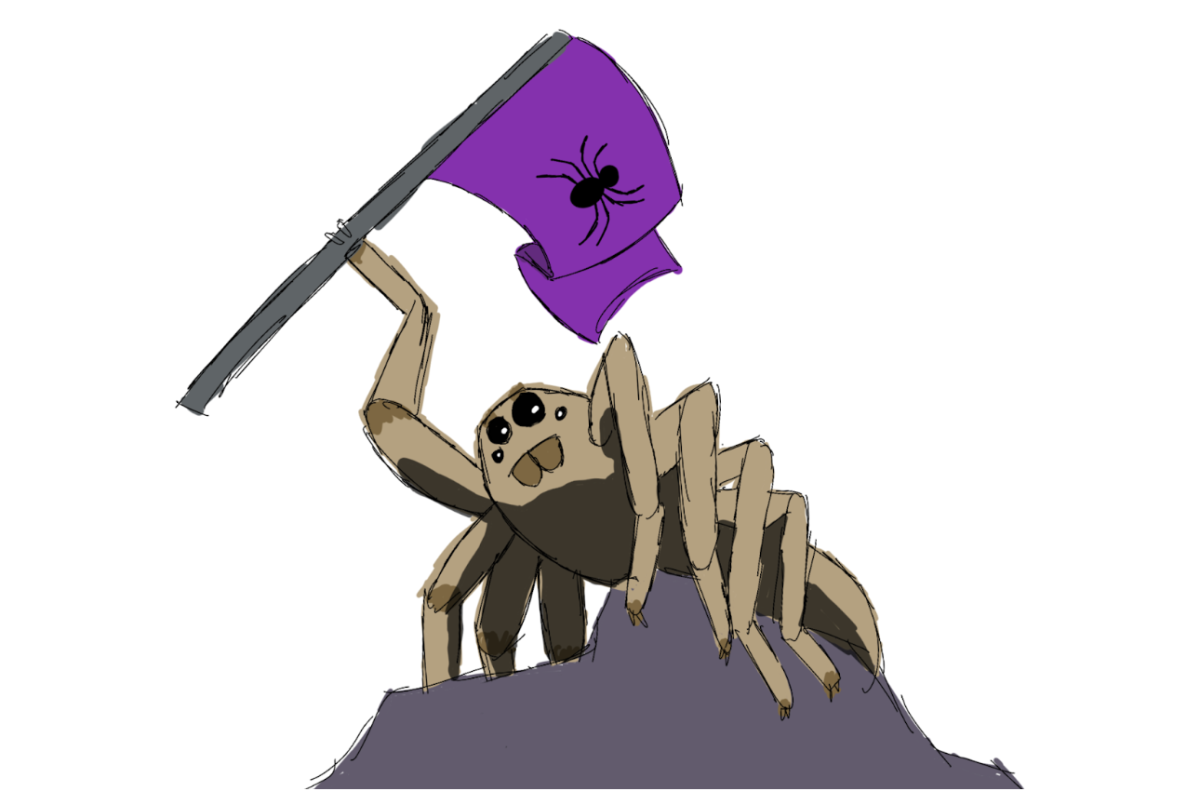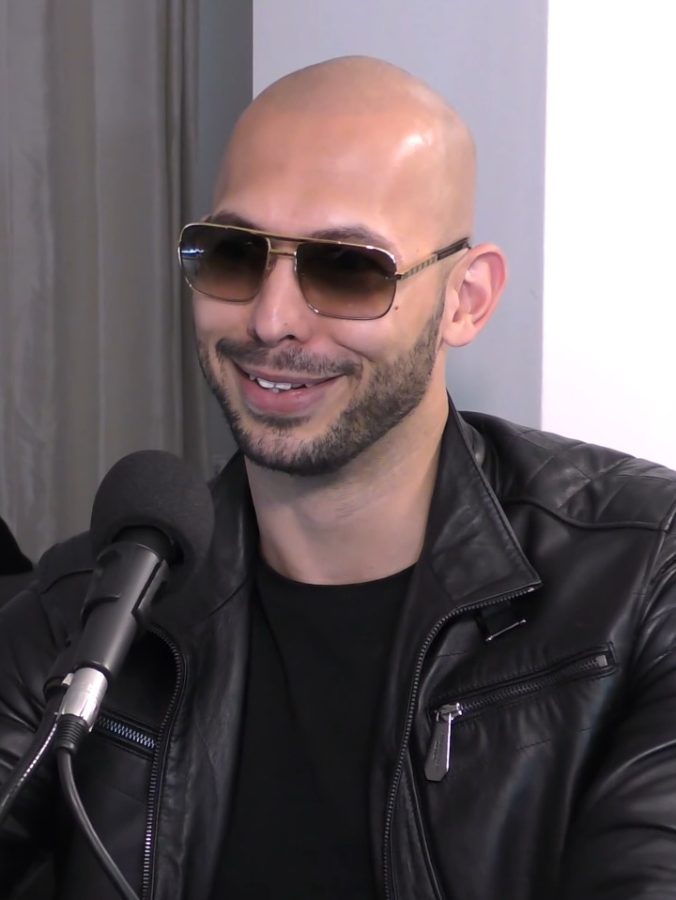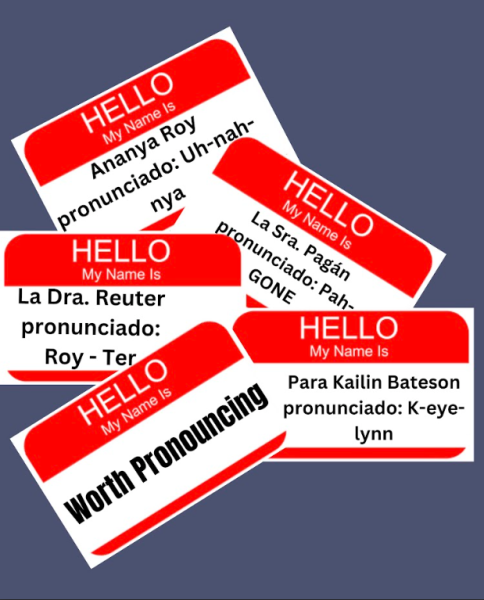Internet Influencers as Mentors: Inside the B-CC ‘Manosphere’
The online ‘manosphere’, has monumentally influenced and changed the way that young men think.
March 30, 2023
Andrew Tate is a figure synonymous with misogyny. Despite his clearly prejudiced beliefs, when he walked out in handcuffs on suspicion of sex trafficking numerous women, two distinct reactions erupted: one of outrage and the other of praise. These cries came from opposing sides of the ‘manosphere’, an online male community, with one side leaning more left with less misogynistic creators like F.D. Signifier, versus proponents of more right-wing and patriarchal creators like Adin Ross and Andrew Tate. And in the middle of these extremes, are creators like Hamza, a multi-platform influencer. Their reactions provide an accurate assessment of aspects of male society today.
As of now, many proponents of extremely toxic masculine figures, such as Andrew Tate, feel no problem expressing their masculinity through purporting traditional gender roles and encouraging men to be “providers.” One student who wishes to remain anonymous echoes this sentiment as he says, “I think we should look more towards guys like Andrew Tate for ideas of masculinity.”
This statement ties directly into the second problem male society faces: displacement. For many, not only does modern society not celebrate masculinity enough, it reframes it as something else. Another B-CC student who wishes to remain anonymous shared, “I think sometimes masculinity is being taken away from us because people think it’s ok to be sensitive…sometimes in life, you have to deal with adversity. Nowadays, that’s just thrown away.” I think sometimes masculinity is being taken away from us because people think it’s ok to be sensitive…sometimes in life, you have to deal with adversity. Nowadays, that’s just thrown away.
However, there is more moderation in the manosphere than seen on the surface. Internet influencer Hamza has considerably more respect and regard for women, saying that “once you’ve cracked the code to women, you realize that they’re literally just human beings. Most guys aren’t there; they see them as this puzzle to be solved…and that causes this weird worship [and] obsessiveness.” Instead, Hamza mostly focuses on the “art” of attracting women and how to remain fit and work out consistently.
This is a common focus of more moderate manosphere members at B-CC, Henry Swann for instance describes, “I don’t really react much to [manosphere creators], I just kinda keep scrolling.” He instead describes his relation to the manosphere as a shared belief “that everybody should work hard for their goals, things just won’t just come to you.”
In contrast to both these perspectives are the views of figures like F.D Signifier, who are more in line with less patriarchal ideologies. Joey Joyce, for instance, says, “In its [toxic masculinity] simplest form it’s just bragging. You’re trying… to meet this criteria of being manly to sort of impress your friends, impress your family. Like you see one person standing outside the gym and you’re like ‘oh my gosh, what am I doing with my life?’… And you just get in this bad loophole… [and] end up… losing sight of what matters to you.”
In the end, the online manosphere has monumentally influenced and changed the way that young men and teenage males think, contributing to an offline culture of the manosphere as well. However, when talking to these individuals, it is clear that change is needed without and within.


